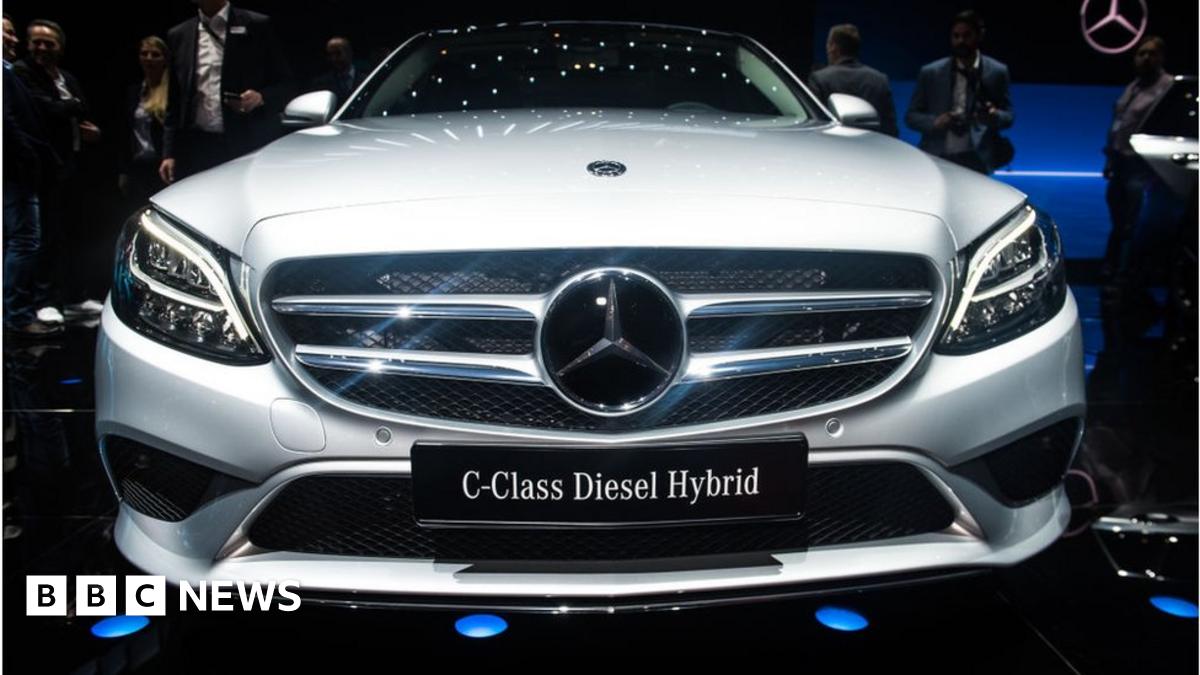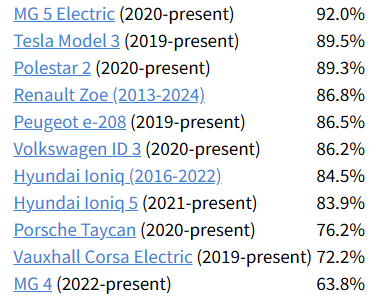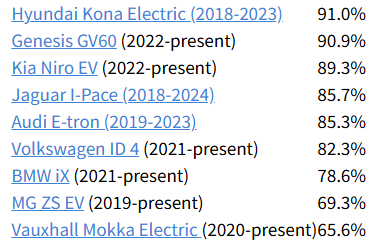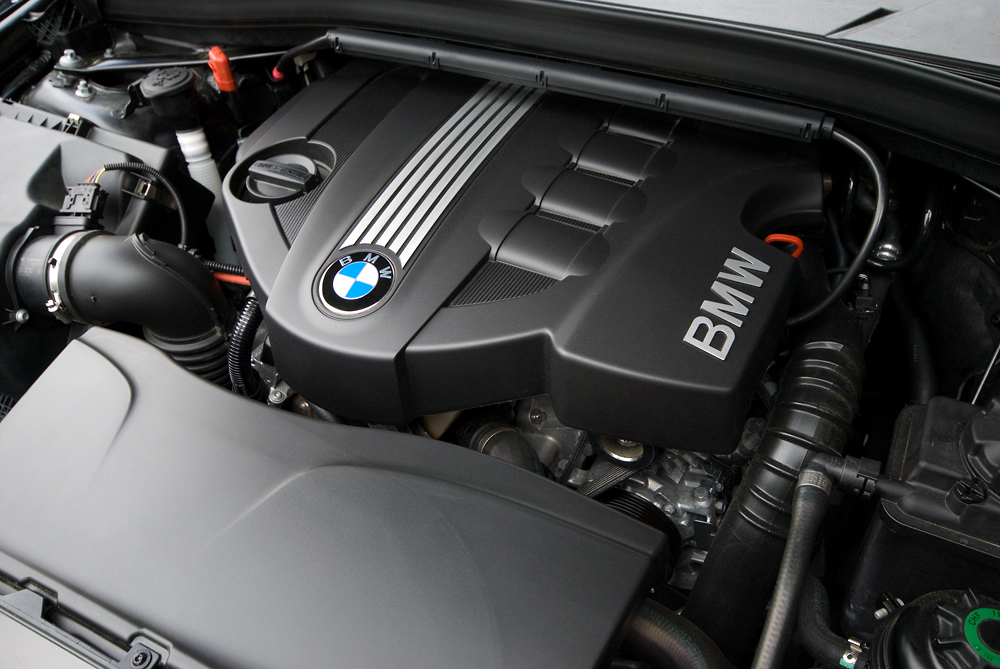MikeInWimbledon
Hardcore MB Enthusiast
- Joined
- Nov 8, 2014
- Messages
- 14,437
- Car
- SL350 (Ex S211 E500,W212 E500, C216, S212E500, W211E500 5.5, W221S500, S211 E500, SL500, S500, E55)
Examples of engine failures as a result of cost cutting that required removal, replacement and rework that come to mind are the Nikasil disaster for BMW engines in the UK, piston scoring on Porsche 996/997 engines, IMS bearing failures on Porsche in the Nougties, the nightmare that was M47 & M57 BMW engines between the mid-noughties and mid-teens.But replacing the type of component where cost-cutting could be a factor (e.g. a bought in contactor/relay) on an ICE wouldn't typically require the removal and disassembly of the engine.
But that's just off the top of my head. There are many more, for sure.
And obviously that excludes all the Dieselgate recalls which did not involve complete engine removal. Like the 775,000 Mercedes.

Daimler forced to recall Mercedes with defeat devices
The German government says 774,000 Mercedes were fitted with illegal software that masks diesel emissions.
Last edited:






